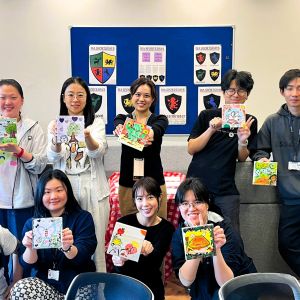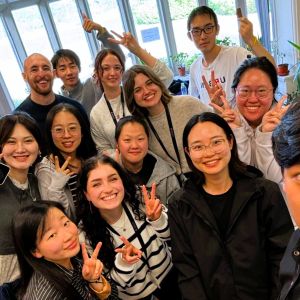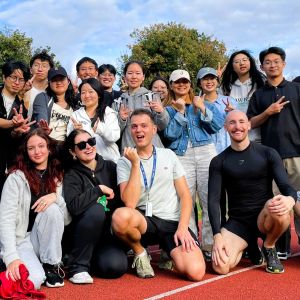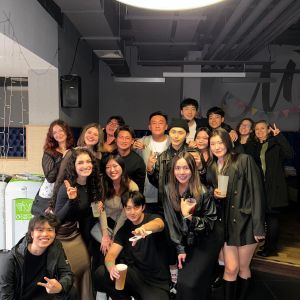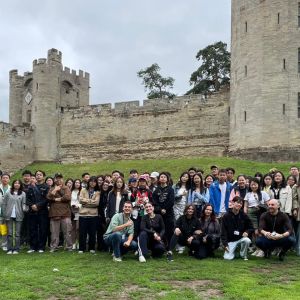Learning Beyond the Classroom: Connecting Cultures at the University of Birmingham
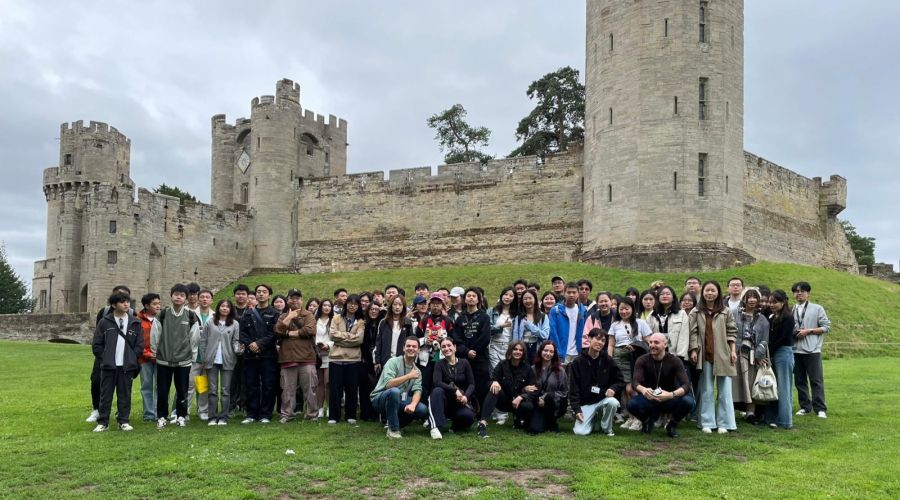
The article Teaching that Connects Cultures offers a personal reflection on a teaching placement at the University of Birmingham within the Presessional Programme for international students. It shows how linking English language education with community and cultural life creates authentic opportunities for communication and intercultural learning.
My stay at the University of Birmingham showed me that learning definitely doesn’t only také place in the classroom. During my teaching placement within the Presessional Programme for international students, I joined my colleagues in preparing a programme of social and leisure activities that linked language learning with the university’s community life. This gave students a chance to practise English in real-life situations, meet new people, and experience both campus life and the local culture.
The activities were higly varied – from trips and excursions to creative workshops, sports tournaments, and social evenings. The members of the social team, who organised the entire programme, involved us not only as participants but also as co-organisers. This collaboration turned out to be one of the most valuable parts of my experience – I discovered how demanding, yet rewarding, it can be to prepare an enjoyable afternoon for dozens of people. My favourite moment was designing our own activity – a game based on the TV show The Crystal Maze, where students completed logical and physical challenges leading to a final goal and a small reward. It taught me how important it is to think through every detail, but also to stay calm and creative when unexpected situations arise.
The programme also included trips that helped students explore British history and cultural diversity. One of the most memorable days was spent at Warwick Castle – a classic English landmark offering guided tours, historical performances, and outdoor activities. For us, as members of the organising team, it meant coordinating the group, managing transport, and ensuring everything ran smoothly throughout the day.
Over time, these activities became a natural part of student life. Each meeting brought new opportunities for informal conversations, intercultural exchange, and building mutual understanding. The programme showed how language learning can be even more effective when it is connected with enjoyment, community, and authentic experiences. In line with the principles of TEFE A+, teaching here became more than just developing language competences – it was also about creating meaningful relationships, understanding different perspectives, and linking theory with practice in an international environment.
This experience made me realise that a teacher’s role doesn’t end at the classroom door. I saw how students, through shared activities and experiences, grew closer, discovered new ways of seeing the world, and learned more about themselves and each other. I understood that language learning can become a living process – a space where education turns into a dialogue of cultures and where learning naturally grows from human connection.
Tereza Vacková
Student of the Institute of English Studies, Faculty of Arts, University of South Bohemia

